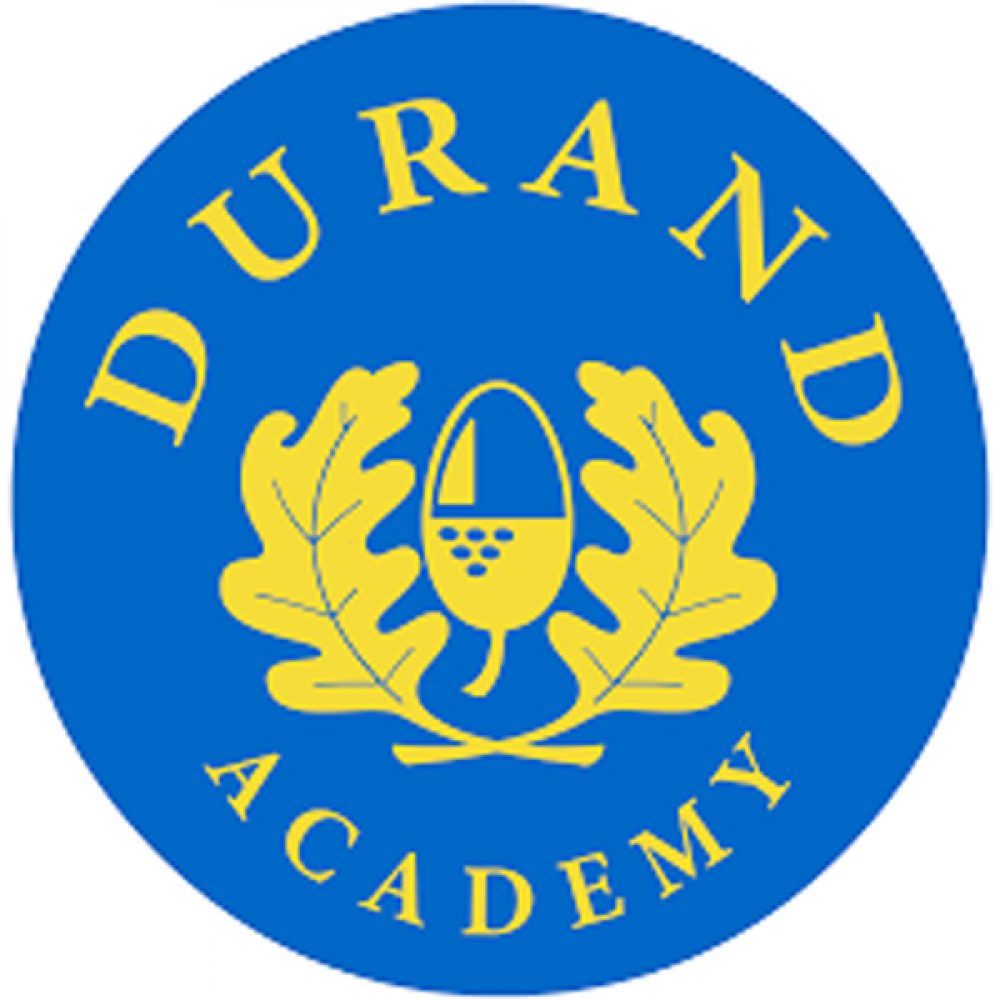Durand Academy Trust has been accused of blocking a critical Ofsted inspection report from being published to “keep the EFA bay” in the High Court today.
Durand Academy, due to have its funding agreement terminated next year, is challenging the inspectorate’s report, which stated the south London school should be put into special measures.
The inspectorate’s lawyers told the court today that Durand was “prolonging its complaint” against an ‘inadequate’ grading to prevent its funding from being terminated, arguing the report should be published in the public interest.
Lawyers claimed that the report’s findings, which remain unpublished after Durand got an injunction blocking them from release, were a fair assessment of teaching and safeguarding problems at the schools, and the trust was the “author of its own misfortune”.
But lawyers for Durand, which is chaired by former superhead Sir Greg Martin, insisted inspectors were biased against the trust because the Education Funding Agency (EFA) had already announced in January its funding would be terminated over separate financial governance concerns.
Ofsted accidentally published a draft report, which placed Durand into special measures, on its website in February before taking the report down. The trust then obtained an injunction preventing it from being published, a ruling being challenged in court today.
Gerard Clarke, representing Durand, told the High Court that initial notes made by inspectors straight after the school visit were “more positive than negative” and it was “astonishing” that a judgement of ‘inadequate’ was later reached.
He accused Ofsted of being influenced by a “background” of financial criticisms of the trust. These include the EFA’s notice to terminate Durand’s funding in October last year, after it failed to comply with regulation requirements, and an investigation by the Charities Commission into potentially “unauthorised private benefits”.
Martin was also brought in front of the Public Accounts Committee two years ago to defend his £420,000 annual earnings after his private company, GMG, was paid management fees to run leisure facilities for the trust. Chair Margaret Hodge described his salary as “gobsmacking”.
But Clarke claimed it was “disquieting” that inspectors had not seemed to act independently of these issues, adding that the inspectorate had become about “discipline and punish” rather than helping schools improve.
“Might we not expect that because of the background of the school […] Ofsted would do some very careful soul-searching before reaching its judgment?” Clarke asked the court.
Instead, he said, inspectors had dropped the trust’s judgement from ‘good’ to ‘inadequate’, which he described as the equivalent of the “Dantean circle of hell for schools”.
Giving the trust a ‘requires improvement’ rating “wouldn’t have threatened the funding agreement” and was therefore deliberately not chosen, said Clarke.
However Deok Joo Rhee, the lawyer acting on behalf of Ofsted, said there was a “wealth of experience and information” behind the inspection, with 10 inspectors involved over two days, including a quality insurance inspector, which showed its reliability.
She accused the trust of “trotting the same points out again and again”, arguing the school was “digging its heels in” on accepting responsibility for falling standards, particularly for disadvantaged pupils and key stage 1 attainment, as the trust expanded from one site to include another in south London and a boarding school in west Sussex.
“We say the school is prolonging its complaint as a means of keeping the EFA at bay,” she said.
The trust had also withheld key documents ahead of the inspection, causing delays to the inspection, she said.
Senior leaders had been “hostile” to inspectors, and a “surprisingly simplistic” complaint from the trust that inspectors had not been ethnically diverse was not accepted as affecting the reliability of the inspection.
Staff had also not turned up to an offer of feedback before inspectors left, she said. These accusations were all disputed by Clarke.
It was unusual for a report to be blocked from publication just because a school “disagreed” with it, she added.
Today was the second day of the case being heard at the Royal Courts of Justice. A decision is expected to be reached when courts resume sessions in September.








Your thoughts